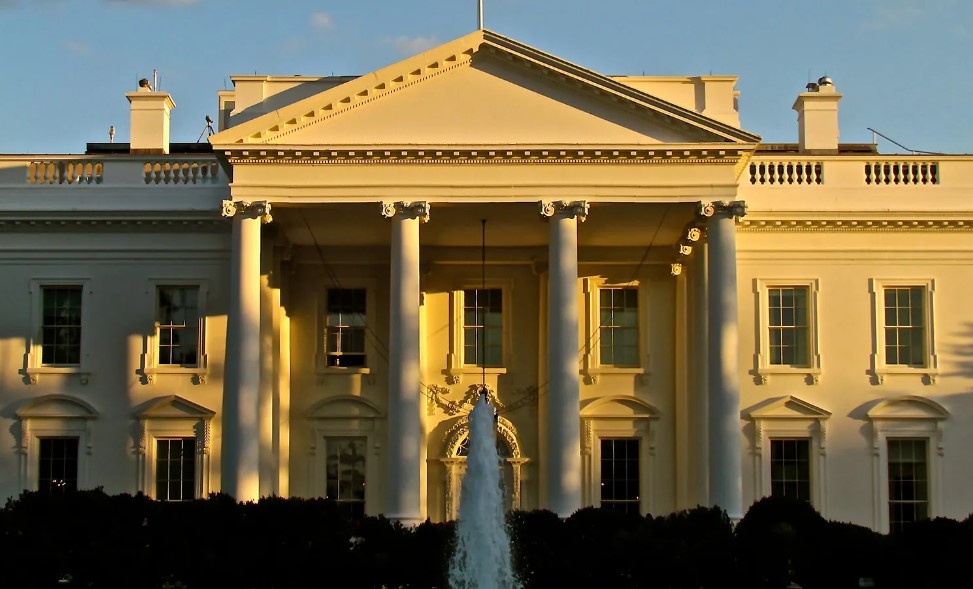In a move that underscores the Trump administration’s commitment to fiscal responsibility and energy priorities, the U.S. Department of Energy (DOE) has announced the termination of 223 energy projects, canceling approximately $7.56 billion in federal funding.
This decision follows a comprehensive review initiated on the first day of the administration, targeting awards deemed inefficient or misaligned with national energy goals. The cancellations represent the latest in a series of actions to rein in spending, coming on the heels of an earlier cut of over $3.7 billion for 24 projects, including a notable low-carbon hydrogen initiative proposed by ExxonMobil.
Background and Reasons for the Cancellations
The DOE’s review process was formalized in May 2025 through a Secretarial Memorandum titled “Ensuring Responsibility for Financial Assistance,” which established stricter evaluation criteria for financial awards.
Under this policy, projects must demonstrate clear advancements in national energy needs, economic viability, and a positive return on taxpayer investment. According to Energy Secretary Chris Wright, many of the terminated awards were “rushed through in the final months of the Biden administration with inadequate documentation by any reasonable business standard.”
Approximately 26% of the canceled awards, totaling over $3.1 billion, were granted between Election Day in November 2024 and Inauguration Day in January 2025.
The affected funding spans multiple DOE offices, including the Office of Clean Energy Demonstrations (OCED), Office of Energy Efficiency and Renewable Energy (EERE), Grid Deployment Office (GDO), Office of Manufacturing and Energy Supply Chains (MESC), Advanced Research Projects Agency-Energy (ARPA-E), and Office of Fossil Energy and Carbon Management (FE).
In total, 321 financial awards supporting the 223 projects were terminated, as they failed to meet the administration’s standards for economic, national security, and energy security benefits.
Secretary Wright emphasized the administration’s priorities in his statement: “President Trump promised to protect taxpayer dollars and expand America’s supply of affordable, reliable, and secure energy. Today’s cancellations deliver on that commitment. Rest assured, the Energy Department will continue reviewing awards to ensure that every dollar works for the American people.”
Award recipients have 30 days to appeal the decisions, and some have already initiated this process.
Got A Tax Burden in 2025?
Review of Specific Projects in the Announcement
While the official DOE announcement does not provide a detailed list of the 223 individual projects, citing the need for ongoing reviews and appeals, various reports highlight key initiatives impacted by the cuts. These primarily involve clean energy and renewable projects, many of which were funded under the previous administration’s Inflation Reduction Act and Bipartisan Infrastructure Law. Here’s a breakdown of notable examples drawn from the broader context:Alliance for Renewable Clean Hydrogen Energy Systems (ARCHES) in California: This hydrogen hub project, aimed at developing clean hydrogen infrastructure, lost a $1.2 billion federal commitment.
ARCHES was part of a larger effort to position California as a leader in hydrogen production and distribution, with applications in transportation, power generation, and industrial processes. The cancellation has drawn sharp criticism from California Governor Gavin Newsom, who stated that the state will continue pursuing clean energy strategies despite the funding loss.
Pacific Northwest Hydrogen Hub: Another major hydrogen initiative in the Pacific Northwest, encompassing states like Washington and Oregon, faces cancellation of significant funding.
This hub was designed to integrate hydrogen into the region’s energy mix, supporting decarbonization efforts in heavy industry and transportation. The exact funding amount for this hub was not specified in available reports, but it forms part of the nearly $8 billion in green energy cuts.
California Grid Upgrade Projects: Funding for enhancements to California’s electricity grid, intended to improve reliability and integrate more renewable sources, has been axed as part of the broader package.
These upgrades were critical for addressing the state’s vulnerability to blackouts and supporting its ambitious clean energy targets.
Climate and Renewable Projects in Democratic States: The cuts disproportionately affect projects in 16 states that voted Democratic in the 2024 election, including California, Colorado, Connecticut, Delaware, Hawaii, Illinois, Maryland, Massachusetts, Minnesota, New Hampshire, New Jersey, New Mexico, New York, Oregon, Vermont, and Washington.
These encompass a range of wind, solar, and other renewable energy initiatives, with critics like California Sen. Adam Schiff labeling the move as “political retaliation.”
For instance, New York City projects worth $18 million were frozen due to alleged ties to Diversity, Equity, and Inclusion principles deemed unconstitutional by the administration.
These examples illustrate a focus on hydrogen and renewable energy sectors, which were hallmarks of the Biden era’s push toward net-zero emissions. The DOE’s decision aligns with a shift toward prioritizing fossil fuels and traditional energy sources, as evidenced by the continuation of oil and gas leasing during the ongoing government shutdown.
Implications for the Energy Sector
This cancellation is part of a larger $26 billion funding freeze amid a federal government shutdown, which has paused approvals for new wind and solar projects while allowing oil and gas activities to proceed using carryover funds.
Industry experts warn that the cuts could slow the transition to clean energy, potentially leading to higher energy prices, job losses, and reduced innovation in emerging technologies like hydrogen.
However, proponents argue that redirecting funds away from unviable projects will better support affordable and reliable energy production.
As the DOE continues its reviews, the energy landscape remains in flux. Stakeholders in affected states and sectors are mobilizing appeals and alternative funding sources, signaling ongoing debates over America’s energy future. For more details, visit the official DOE announcement or follow updates from the Energy News Beat Channel.
Got A Tax Burden in 2025?
Crude Oil, LNG, Jet Fuel price quote
ENB Top News
ENB
Energy Dashboard
ENB Podcast
ENB Substack

